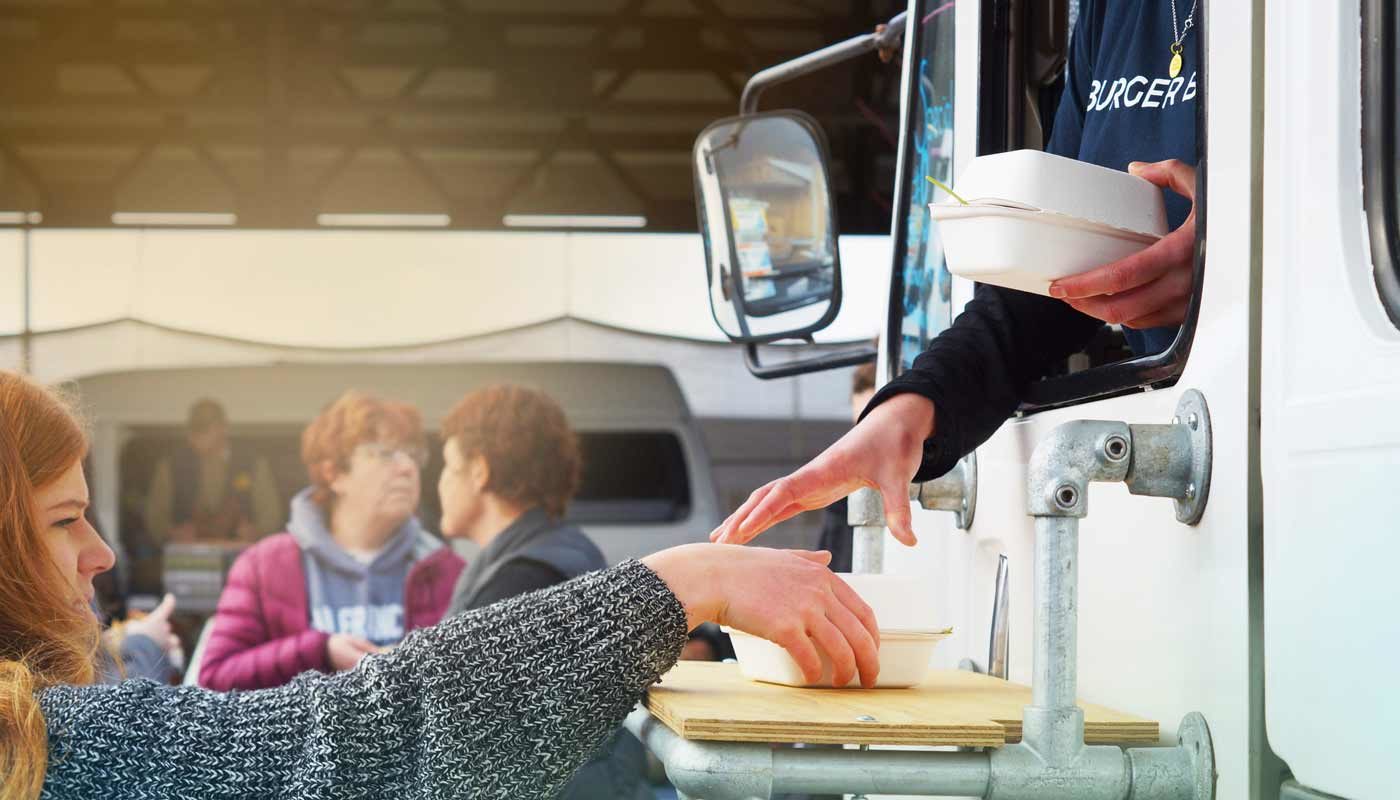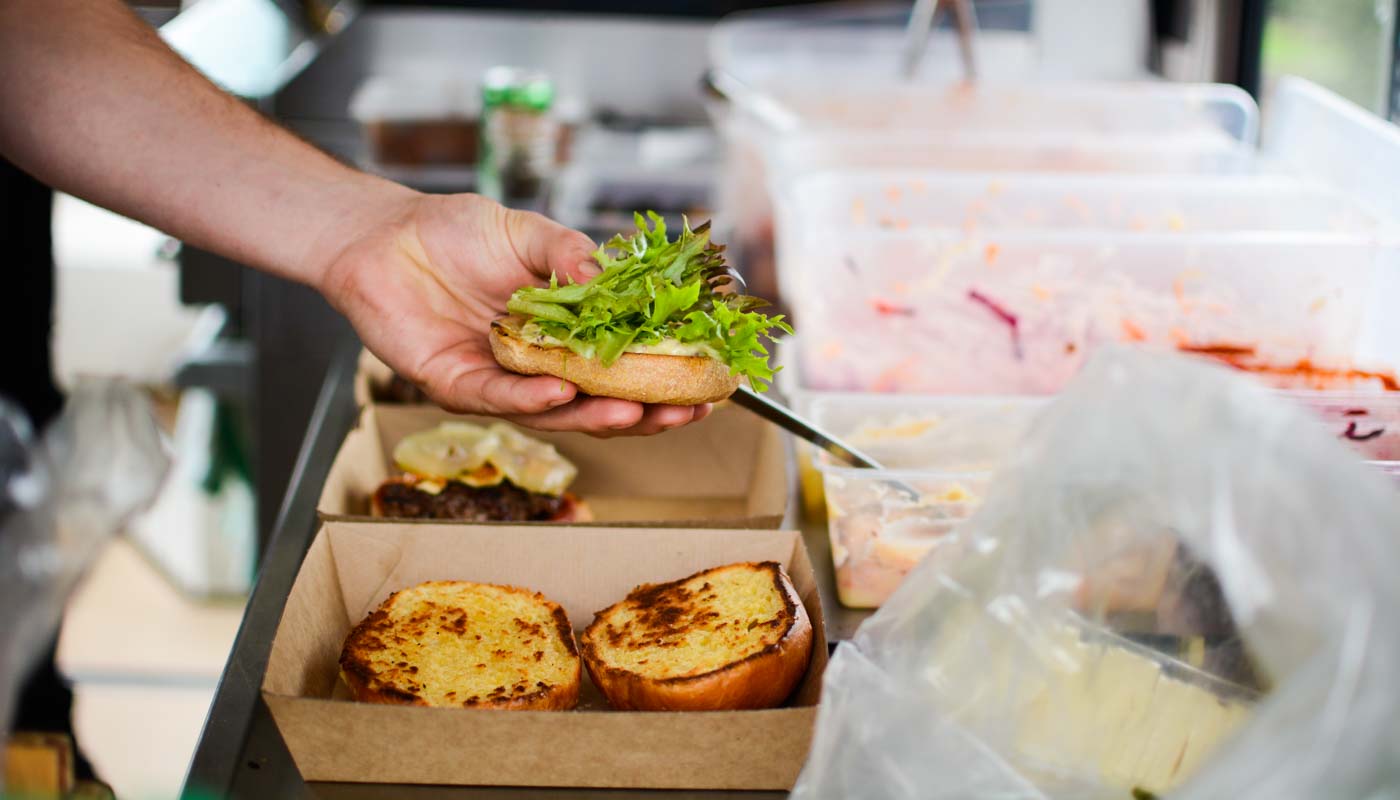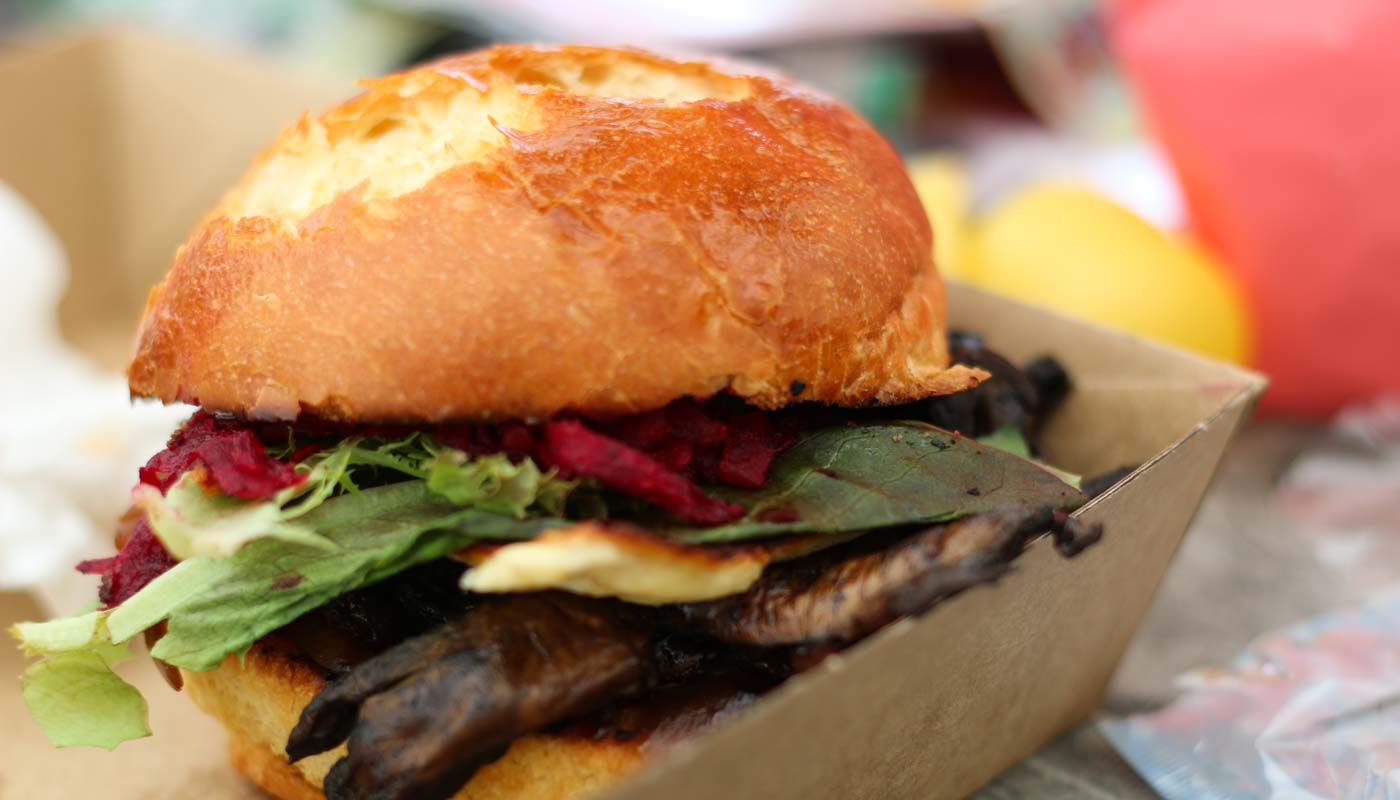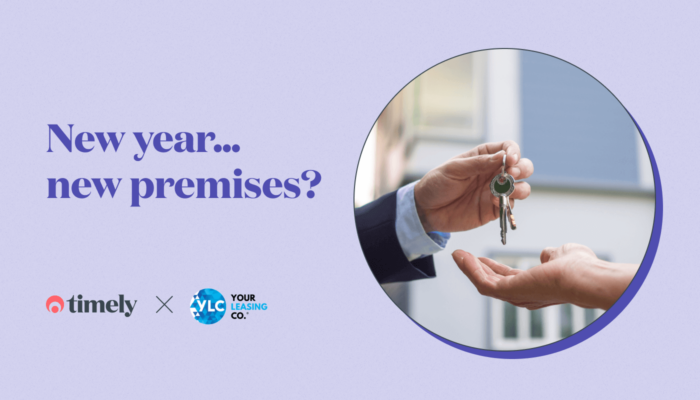Small business lessons from a food truck
They say necessity is the mother of invention. In my case, lunch cravings were the mother of a business.

My answer to “What do you want to do when you grow up?” has always been “Start my own business”. As a finance major, most people expected me to intern at a bank or an investment firm. But one day, as my friend and I complained yet again about how hard it was to find a good burger in town, we joked about starting a food truck.
Pretty quickly, it became less and less of a joke.
Reality strikes
I wrote a business plan, conferred with some friends, and finally started telling everyone that I was going to open a food truck during the last year of my Finance degree. All going well until I realised I’d need about $20,000. Which is not something I had socked away, in case you were wondering.
I put the plan on hold and started saving. Luckily, enough people knew about my food truck dreams that it regularly came up in conversation. After enough chats (and some drinks), a good friend agreed to go in 50/50.
I convinced some family to back me and a year later, Burger Blue was in business.

It had its ups and downs.
Downs:
- Learning to maintain a healthy work/life balance. Or work/work/life balance, in my case
- 6am Saturday starts
- An engine blow-out soon after we started, necessitating an emergency fund and a compassionate mechanic
Ups:
- Proving to myself I could start a business
- Watching my employees grow and eventually go on to bigger things
- Getting accepted to Rhythm & Alps, trading for 43 out of the 48 hours and selling out of every single burger
- Making some damn good burgers for some amazing customers
What made it all worthwhile is the attitude I had going in: I never thought I was going to become a millionaire. I started a business to teach myself new skills and provide a new service to Dunedin.
After working at Timely and listening to our customers, I’ve realised that a lot of my experiences with Burger Blue are pretty universal. The mindset and skills you need to start a business are the same whether you’re starting a food truck or a spa.
And although there’s no replacement for learning on the go, there are some things I wish I’d known before I started.
What I learned
Things will break
No matter how well you plan, something is going to go wrong. I’m sorry.
Your engine will blow out, or your roof will start leaking, or your ventilation won’t be up to code. The key is not to panic!
It’s hard to plan ahead for bumps in the road, but if you know they’re inevitable, it’s easier to keep going. Save as much as you can, run on a tight budget for the first year (or two years, or however long you think you need to), and don’t take it as a sign that you should quit.
When the chips are down, you’ll get creative with your solutions. All of a sudden you’ll start looking at your business from new angles, figuring out how to get things back on track. And every time you get through a ‘disaster’, you’ll come out more resilient on the other side.
Don’t let the admin get you down
A lot of people who start businesses, whether they’re tattoo studios, salons or food trucks, are intimidated by the idea of all the admin. Paying wages, calculating taxes, getting permits, writing job contracts, applying for licenses – all the stuff that needs to happen to get your business off the ground, but isn’t what you studied or love to do.
Don’t let that stop you. You can find all that information online, at your local council, or by talking to people in your community. Thousands of people have gone through all of these processes, and it’s all documented!
You don’t need to reinvent the wheel; you just need to draw on everyone else’s experiences. I wish I hadn’t seen those as barriers to starting my own business.
Being in it for the money leads to disappointment
Starting your own business may lead to wealth and fame, but unless you’re that tiny percentage of the population, it’s probably not going to happen right away. If you’re opening a business because you think it’s a quick way to make money, you’re going to get discouraged pretty fast. That’s not to say you can’t be successful or make money, but if your only goal is money, how are you going to stay motivated when things are slow?
Try to define your success more broadly. If you’re learning new things, making new mistakes instead of repeating the same ones, pleasing your customers, and staying true to your values – all those things are successes. You’ll get much more satisfaction out of each day if you can point to all of those things as reasons to be proud, instead of just money.
Know when to let go
We recently decided to sell Burger Blue. It wasn’t an easy decision, but both my partner and I were ready. I have a job at this awesome company called Timely, and he’s working on his master’s in Finance. I learned more about myself and about being in business after starting Burger Blue than I ever anticipated.
We were exposed to so many new ideas and experiences and people, and we are wiser and more adaptable than before.
Continuing on with Burger Blue wouldn’t have gained us anything more. It had gotten as big as we wanted it to be, we knew we didn’t want to devote more time to it, and we’d learned everything it had to teach us.
Selling the business frees us up to start thinking about new projects, too! Being able to know when it’s time to move on is that last thing Burger Blue taught us, but it’s just as valuable a lesson as everything else.



